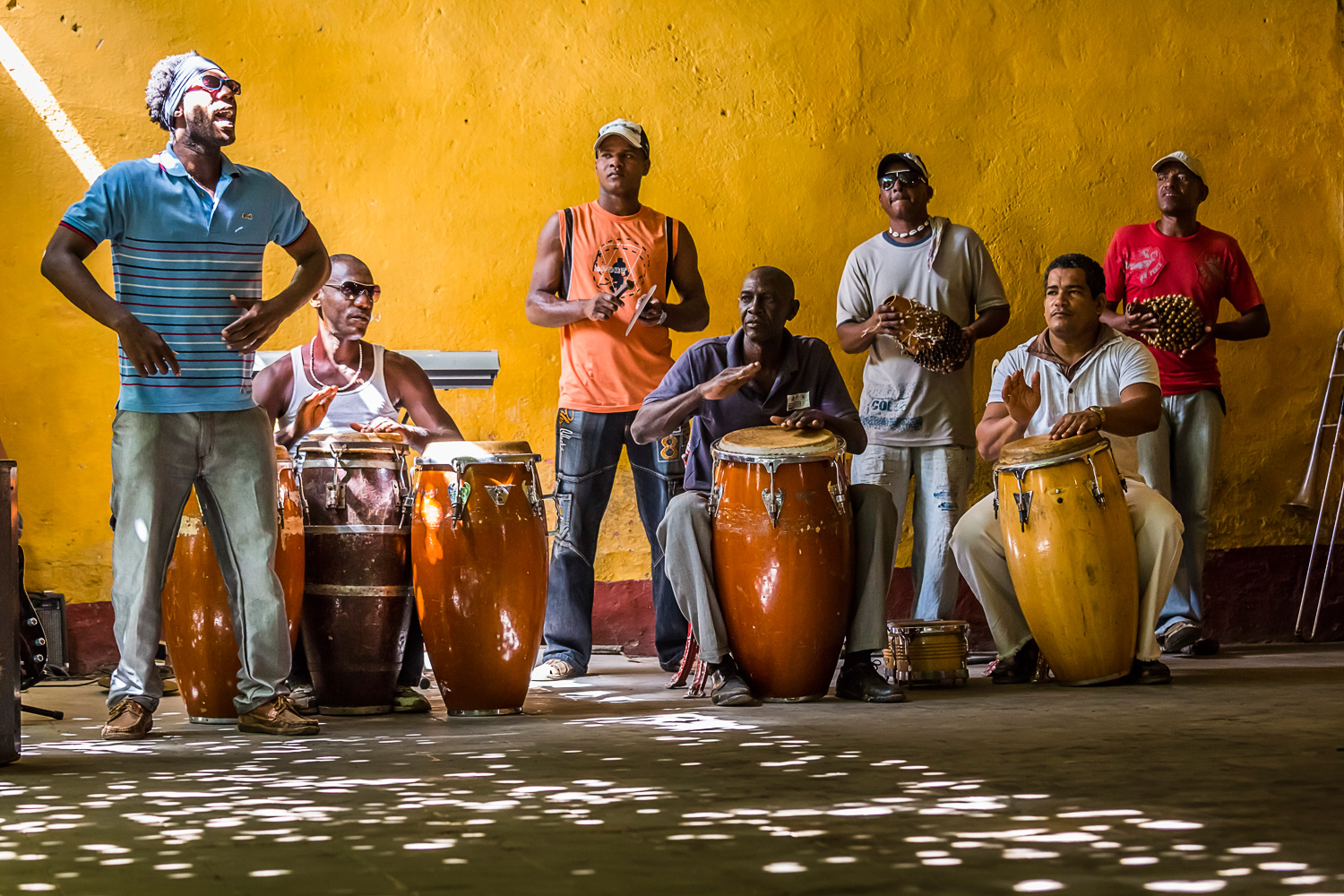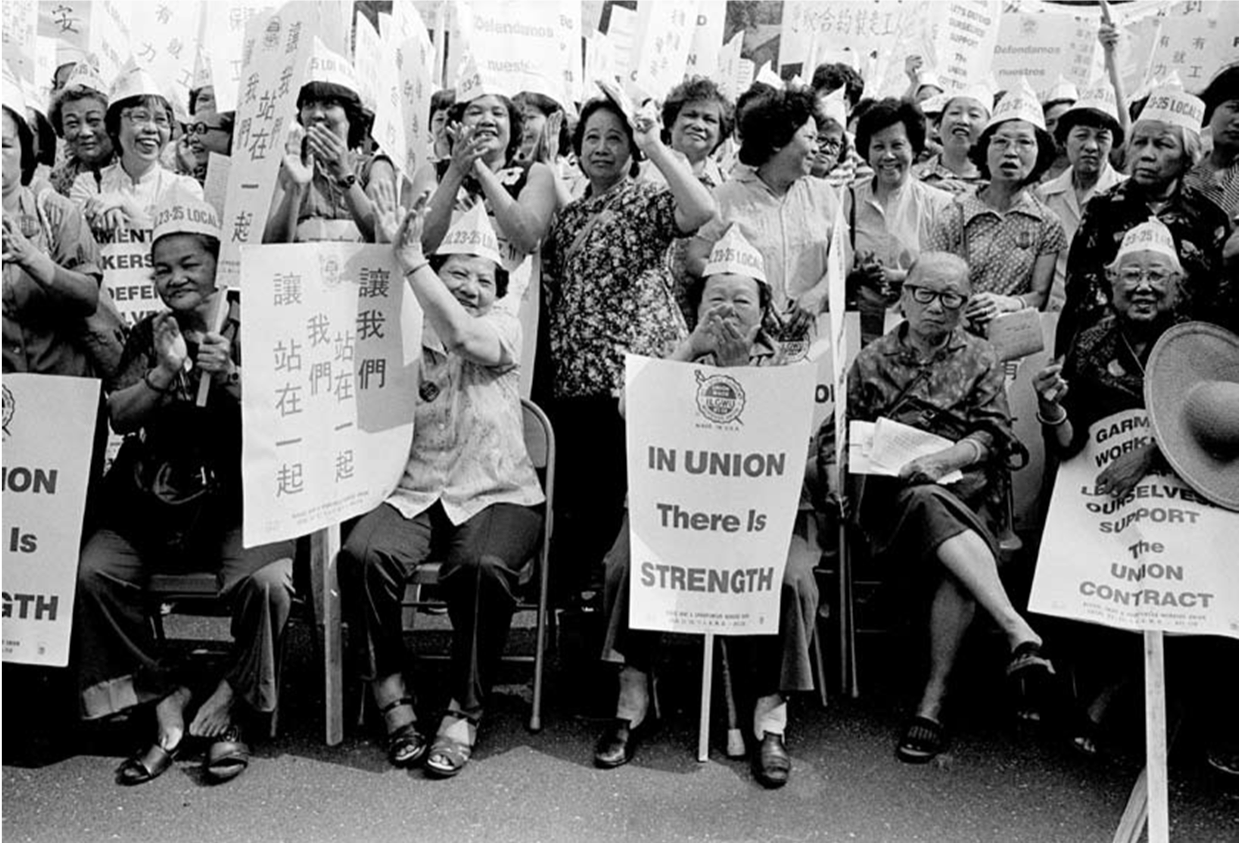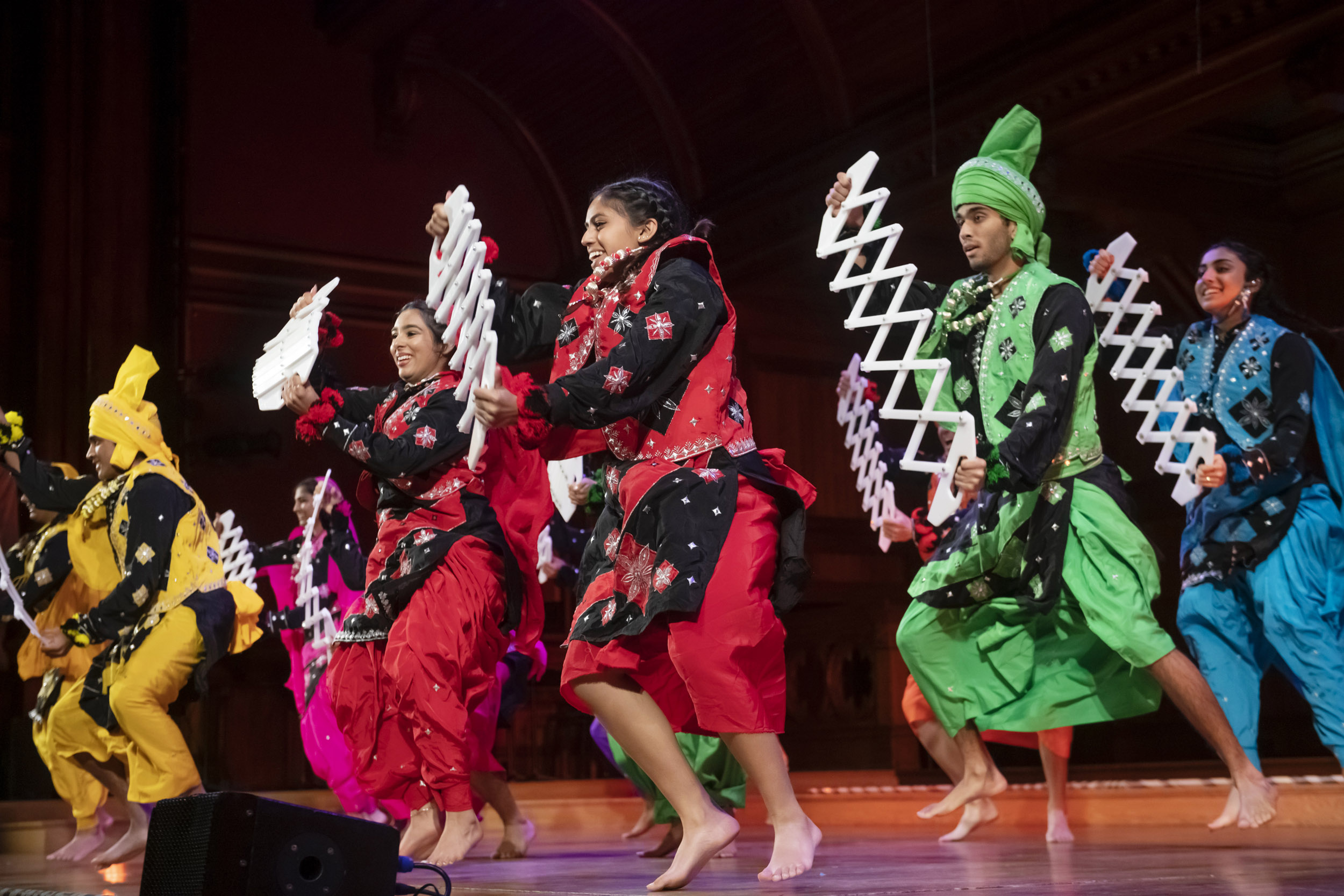Afro-Cuban musical traditions are an intricate tapestry of sounds and rhythms, reflecting the rich heritage of the African diaspora that has profoundly shaped Cuba’s cultural landscape. Celebrated musician Yosvany Terry, known for his commitment to preserving these traditions, showcases the powerful connections between traditional music from Benin and contemporary Cuban sounds. His efforts highlight the importance of music education and the role it plays in sustaining cultural identity amidst globalization. Under the auspices of programs like Harvard ArtsThursdays, Terry’s performances aim to illuminate the historical significance of these musical forms. As audiences engage with the vibrant history embedded in Afro-Cuban music, they also discover the ongoing impact of these traditions on modern genres, particularly jazz, enriching their cultural appreciation and understanding.
Exploring the roots of Afro-Cuban soundscapes connects the rich musical expressions of Cuba with their West African origins, emphasizing the importance of preserving these vital cultural forms. Through the lens of Yosvany Terry’s research and performances, one can witness the influence of the African diaspora on both traditional and contemporary music. By fostering an environment of music education and collaboration, initiatives like Harvard ArtsThursdays aim to bridge historical gaps and celebrate the dynamic interplay of cultures. As an artist, Terry is dedicated to sharing the deep-seated connections that link the past with today’s artistic endeavors, encouraging a greater appreciation of the diverse musical heritage that enriches modern life. This exploration not only honors the legacy of African traditions but also showcases their vital role in shaping contemporary expressions of identity.
Exploring Afro-Cuban Musical Traditions
Afro-Cuban musical traditions represent a rich tapestry of cultural influence that stems from the African diaspora. Originating from the various African ethnic groups that were forcibly transported to the Caribbean, these traditions have evolved, incorporating elements of Spanish, indigenous, and other Caribbean music. Renowned musician Yosvany Terry highlights the significance of this music, emphasizing how it serves as a powerful medium for storytelling and cultural expression. As he connects his Cuban heritage with the roots of contemporary jazz, Terry showcases the profound impact of these traditions on the global music landscape.
Through the preservation and performance of Afro-Cuban music, artists like Yosvany Terry play a vital role in safeguarding their cultural heritage. In his recent research, he documented the shared rhythms and melodies between Cuba and West Africa. By engaging with musicians in both regions, Terry aims to illuminate the cultural continuity that persists despite historical disruptions. This commitment not only enriches musical education at institutions like Harvard but also fosters a deeper appreciation for the evolution of jazz, acknowledging its African roots and the resilience of Afro-Cuban music.
The Impact of the African Diaspora on Music Education
The African diaspora has significantly shaped global music education by introducing diverse musical forms and practices. Yosvany Terry’s research illustrates how the musical traditions of West Africa have transcended borders, influencing Caribbean and American jazz genres. By immersing students in these rich traditions, educators can promote a more culturally aware curriculum that reflects the complexities of musical evolution. Terry’s role as a senior lecturer at Harvard allows him to bridge the gap between traditional music education and contemporary cultural realities, ensuring that students gain a comprehensive understanding of jazz’s historical context.
As music educators increasingly recognize the importance of incorporating diverse musical traditions, the curriculum is enriched by the inclusion of Afro-Cuban influences. Students exposed to these traditions not only gain technical skills but also develop a nuanced appreciation for music as a form of cultural expression. Terry’s collaborations with other departments, such as electrical engineering, showcase innovative approaches to music education that blend art with technology. This interdisciplinary focus allows students to engage with music on multiple levels, fostering a transformative learning environment essential for nurturing the next generation of musicians.
Cross-Cultural Collaboration in the Arts
Cross-cultural collaboration is at the heart of Yosvany Terry’s mission to foster enriched artistic experiences at Harvard. Through initiatives like ArtsThursdays, artists and musicians from diverse backgrounds come together to create impactful performances that challenge conventional boundaries. This multidisciplinary approach not only enhances the visibility of the arts at the University but also encourages students to think critically about the role of arts in society. By participating in workshops and live performances, students gain first-hand exposure to various cultural expressions that inform contemporary artistic practices.
Additionally, collaborative opportunities enable students to see the connections between their musical studies and broader social themes. As Terry emphasizes the importance of engagement with artists of Afro-Latin descent, he nurtures a space where cultural dialogues can flourish. By bringing professionals and aspiring artists together, these collaborations illuminate the relevance of traditional music in today’s globalized world, inspiring students to become advocates for cultural diversity and inclusion within the arts.
Yosvany Terry’s Artistic Vision: A Journey of Discovery
Yosvany Terry’s artistic vision stems from a deep commitment to exploring the intersection of music, culture, and identity. His recent travels to Benin and Cuba are part of a continuous journey to uncover the historical narratives that shape modern musical landscapes. By engaging with local musicians and delving into their cultural practices, Terry not only enriches his own artistry but also brings invaluable knowledge back to his students at Harvard. This sharing of experiences contributes to a deeper understanding of how cultural heritage informs contemporary music, offering a rich educational experience that students can draw upon as they develop their musical identities.
Terry’s work also highlights the importance of storytelling within music. As he prepares to base new compositions on his research, he invites audiences to reflect on the stories behind the music. This narrative approach allows listeners to connect emotionally with the performance, recognizing the historical significance of the music being played. Whether through an opera inspired by a pivotal figure in Cuba’s history or performances at ArtsThursdays, Terry’s vision is to create art that resonates with contemporary issues while honoring the rich musical traditions of the past.
Innovation in Music Composition and Technology
The integration of technology in music composition has opened new avenues for creativity, especially within the sphere of traditional music forms. Yosvany Terry’s collaboration with technologists at Harvard exemplifies how artists can push the boundaries of composition through innovative approaches. By exploring how artificial intelligence can engage with and learn from Afro-Cuban traditions, Terry is at the forefront of a transformative movement that seeks to reinterpret traditional musical practices. This fusion of technology and music not only broadens the scope of compositional techniques but also invites discussions about the evolving role of AI in the arts.
As music education continues to embrace technology, students are encouraged to explore these tools as creative extensions of their musical practice. Through workshops and collaborative projects, they learn to use digital platforms to compose and perform new works inspired by traditional practices. This educational shift not only prepares students for contemporary musical careers but also instills a sense of responsibility to preserve and innovate upon the traditions that inform their art. Terry’s initiatives reflect a profound understanding that the future of music will depend on the harmonious integration of tradition and innovation.
The Role of ArtsThursdays in Community Engagement
ArtsThursdays serve as an essential platform for community engagement and collaboration in the arts at Harvard. By showcasing the diverse talents of faculty and fostering interactions with local artists, this initiative creates a vibrant cultural dialogue that connects the university with surrounding communities. Events like Terry’s performance on May 1 not only highlight the artistic contributions of faculty but also invite audiences to immerse themselves in the rich cultural heritage that informs contemporary performances. This accessibility plays a critical role in demystifying art and making it approachable for all.
Moreover, ArtsThursdays inspire students to engage actively with the arts, encouraging them to envision their potential as creators and advocates. By witnessing professionals collaborate across disciplines, students are motivated to apply these lessons in their own work. The initiative also reinforces the idea that art is not confined to the stage but is a part of everyday life, reflecting the stories, struggles, and triumphs of diverse communities. Through this ongoing engagement, ArtsThursdays contribute to a shared cultural narrative that enhances the artistic landscape of Harvard and beyond.
Connecting History with Modern Performance
Yosvany Terry’s commitment to connecting historical narratives with modern performances is a crucial aspect of his artistic approach. By emphasizing the significance of Afro-Cuban music and its roots in the African diaspora, he invites audiences to reflect on the broader implications of cultural heritage. During performances, listeners can expect not just music but also a storytelling experience that brings historical context to life. This reflective practice encourages greater appreciation for the music’s origins and the diverse influences that shape today’s soundscape.
In preparation for the upcoming performance at ArtsThursdays, Terry underscores how his research informs each artistic decision. Whether selecting pieces that resonate with historical narratives or incorporating elements from his travels to West Africa, Terry uses his platform to educate and engage the audience. By creating a dialogue between past and present, he aims to cultivate a richer understanding of the interconnectedness of cultural expressions in today’s world, ultimately framing his work as part of a larger conversation about identity and belonging.
The Future of Afro-Cuban Music and Its Influence
Looking ahead, the future of Afro-Cuban music appears vibrant and full of potential as it continues to influence contemporary genres. Yosvany Terry’s dedication to exploring and promoting these musical traditions ensures that they will not only survive but thrive amidst global changes in the music industry. His efforts to educate the next generation of musicians will contribute to a lineage of cultural preservation, where students become ambassadors for Afro-Cuban musical heritage, understanding its historical significance and contemporary relevance.
As traditional music continues to inspire modern artists, the fusion of Afro-Cuban rhythms with various genres promises to generate innovative sounds that resonate with diverse audiences. Terry’s research and performances underscore the importance of honoring these traditions while also pushing creative boundaries. This dynamic evolution creates a music ecosystem where history and innovation coexist, fostering a deeper appreciation for the artistic expressions that stem from the African diaspora and shape the future of global music culture.
Frequently Asked Questions
What are the key Afro-Cuban musical traditions that influence modern jazz?
Afro-Cuban musical traditions are deeply rooted in the cultural exchanges brought about by the African diaspora. These traditions, including rhythms, instruments, and song structures, significantly influence modern jazz by infusing it with complex polyrhythms and improvisational styles that originated from West Africa and evolved in Cuba. Artists like Yosvany Terry explore these connections to underscore jazz’s rich, multicultural heritage.
How does Yosvany Terry contribute to the preservation of Afro-Cuban musical traditions?
Yosvany Terry plays a vital role in preserving Afro-Cuban musical traditions through his research and performances. By connecting his Cuban heritage with the practices he studies in West Africa, Terry educates students on the historical significance of these traditions. His compositions and educational initiatives at Harvard aim to keep these vital cultural expressions alive and relevant.
How can music education help in understanding Afro-Cuban musical traditions?
Music education serves as a powerful tool for understanding Afro-Cuban musical traditions by providing students access to primary source materials and firsthand experiences. Programs like those led by Yosvany Terry encourage students to engage with the historical contexts of these traditions, fostering a deeper appreciation for their impact on contemporary genres such as jazz.
What is the significance of the ArtsThursdays program for Afro-Cuban musical traditions?
The ArtsThursdays program at Harvard significantly enhances the visibility of Afro-Cuban musical traditions by showcasing performances and facilitating educational events, like workshops led by Yosvany Terry. This initiative connects the university community with rich cultural traditions, promoting collaboration and fostering a greater understanding of the arts across disciplines.
What role does the African diaspora play in the evolution of Afro-Cuban musical traditions?
The African diaspora plays a crucial role in shaping Afro-Cuban musical traditions, as the cultural exchange stemming from the slave trade introduced diverse rhythms, instruments, and styles to Cuba. These elements merged with local influences to create unique musical forms that continue to evolve and impact genres like jazz, directly linking the past with contemporary music.
How does understanding Afro-Cuban musical traditions impact students’ musical experiences?
Understanding Afro-Cuban musical traditions enriches students’ musical experiences by deepening their appreciation for the cultural roots of the music they study. As students learn about the historical connections and influences of these traditions on jazz and other genres, they develop a more nuanced perspective that enhances their creativity and performance.
What collaborative initiatives enhance the study of Afro-Cuban musical traditions at Harvard?
Collaborative initiatives at Harvard, such as inviting guest artists and conducting interdisciplinary research, enhance the study of Afro-Cuban musical traditions. Programs like Yosvany Terry’s engagements with musicians and educators from various backgrounds create a vibrant learning environment that allows students to explore and connect diverse cultural influences in music.
How do performances like Yosvany Terry’s ‘Imaginary Dialogues: Dahomey’ highlight Afro-Cuban musical traditions?
Performances such as Yosvany Terry’s ‘Imaginary Dialogues: Dahomey’ highlight Afro-Cuban musical traditions by demonstrating the interconnectedness of cultures through music. These performances serve as a living testament to the preservation and evolution of these traditions, allowing audiences to experience the rich tapestry of sounds and stories that define Afro-Cuban music today.
| Key Points | |
|---|---|
| Research Focus | Yosvany Terry’s exploration of the connection between West African music traditions and their influence on Afro-Cuban music. |
| Cultural Significance | The preservation of musical traditions by Afro-Cuban communities stemming from their roots in Benin and the resistance against cultural assimilation. |
| Educational Impact | Terry aims to incorporate his findings into his teaching at Harvard, enriching students’ understanding of Afro-Cuban musical traditions. |
| Personal Artistic Growth | His research inspires new compositions and creative projects, such as an opera based on historical Afro-Cuban figures. |
| Collaboration and Engagement | The Jazz program promotes collaboration with artists of diverse backgrounds and incorporates cross-department initiatives to enhance student learning. |
| Future Vision | Continued expansion of musical offerings at Harvard to attract a diverse student body, ensuring the vitality of arts on campus. |
Summary
Afro-Cuban musical traditions represent a rich tapestry of cultural influences and historical significance, stemming from the interplay between African roots and Caribbean evolution. As explored by Yosvany Terry, preserving these traditions is crucial for safeguarding cultural identity and fostering intergenerational connections. His research illustrates how these musical practices not only survive but thrive, influencing contemporary genres such as jazz and enriching educational environments. Through collaboration and innovative teaching, the arts continue to evolve, ensuring the legacy of Afro-Cuban music endures.



